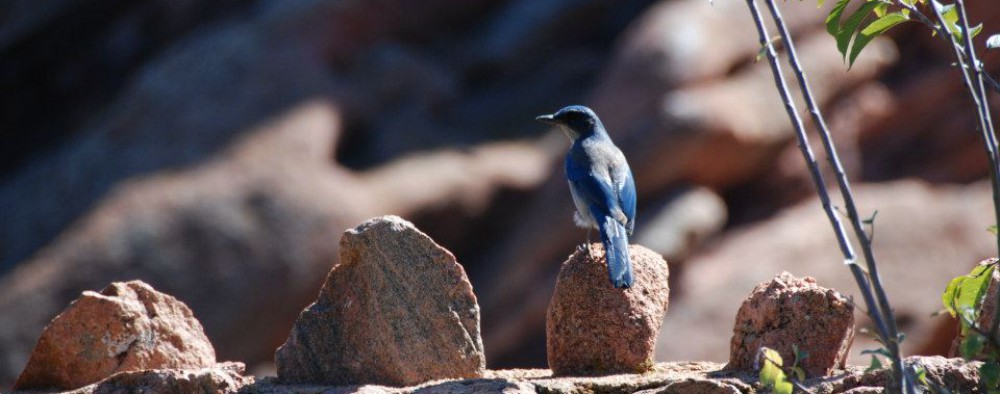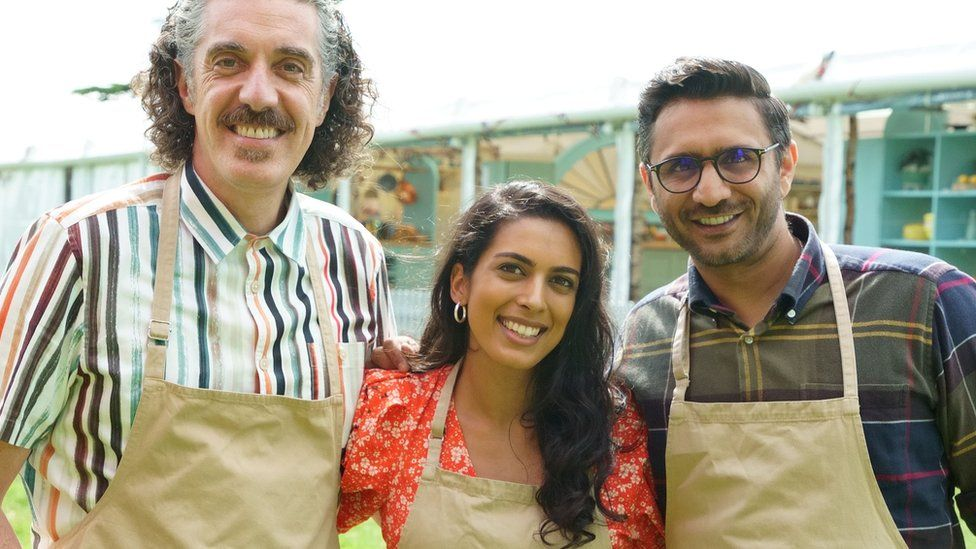
“Hope has two daughters, anger and courage: Anger with the way things are, and courage to change them for the better.” –apocryphal quote (often attributed to St. Augustine)
Alex Pretti and Renee Nicole Goode have both died at the hands of ICE officers this month. There are too many other reports of abusive, unlawful, and inhumane ICE acts to list here.
I have spent the better part of the last 30 hours thinking about my Red voting friends.
Is this what you voted for?
(How) Are you okay with this?
What are you even seeing (and not)?
Are you willing to consider that ICE agents are acting unlawfully?
That the DHS and current federal administration are lying about these and other events?
DHS states there will be no investigation into Goode’s shooting. Rather, they launched a query into her partner. Minnesota state officials are barred by federal entities from conducting their own investigations. A court order was obtained by state officials to prevent the federal government from tampering with evidence at the scene of Pretti’s shooting.
More questions to my Red voting friends:
Where is the line?
What ideals that prompted your vote justify this level of impunity and lack of accountability by federal agents, that costs people their lives?
How many lives of wrongly detained, legal immigrants are you willing to disrupt and traumatize, or end, to apprehend the criminal ones? Or do you care? Or do you deny that this even happens?
What has to happen before you consider the current administration’s actions untenable, or at least in need of reform?
I had a strong impulse this weekend to give up on political dialogue. That’s a big deal. How can I connect with anybody who could condone these actions? I feel more hopeless today than I have in a very long time. I worry for my own safety and that of my children, with our Asian faces walking around in big cities. I start to understand why and how regular citizens silence ourselves despite our desire to rise up and resist. If I had no children, would I be more brave? What would I be (am I) willing to sacrifice to stand up to tyranny in my own neighborhood?
My core values of openness, curiosity, empathy, compassion, and relationship are severely tested today. I see myself as an agent of connection, a ‘boundary spanner,’ a mediator between groups, and joyfully so. I can almost always find something in common, a shared value or goal, with anyone I meet. Every new person is a potential friend, no matter their background. But when I see flagrant, unmitigated, violent dehumanization by federal agents on people going about their daily lives (I will never forget images of moms dragged out of their vehicles in school pick up lines in Chicago, leaving their children traumatized and unattended), and I hear you justifying, or worse denying it (actually, which is worse?), I question whether I can really find common ground with you.
As I wrote Chinese New Year greetings to friends today, my angst inevitably spilled onto the cards. How lucky to have friends I trust to hold space for my distress, even as I wish them prosperity and health this Fire Horse year. They understand that writing helps me process, and maybe the transitions I make on the page help them, too?
” *sigh* Anyway — This year I intend to output that much more love and tighten connections more — find even more ways to amplify unity energy… All while I protect my own sanity and strength… We stand TOGETHER! It’s the best way through, which is the only way out. All of our best leadership skills are CALLED FORTH. We are TESTED. And so we SHOW UP!
OH YEAH, DIY PEP TALK. BRING IT.” –Written to a LOH cohortmate today.
I feel angry at what the federal government is doing to people in the name of immigration control. I am disgusted by the utter lack of accountability demonstrated in myriad acts of state sanctioned violent force against unarmed people. I seethe at the state of our politics and the utter impotence of elected officials to act like adults and negotiate policy respectfully, honestly, and in good faith.
I seek outlets for the anger, modes through which to transform this energy into something constructive rather than corrosive. I read today that bell hooks once asked Thich Nhat Hanh about anger, and he told her to use it as ‘compost’. Brilliant. Kind of reminds me of my Sh*tpile post back in 2015.
So how will my courage emerge and manifest? What am I willing to risk to stand up for my values? I do not live or work where ICE operates in Chicago. My job and activities keep me secluded from areas of conflict. I don’t like crowds or protests.
Is it courageous to continue seeking connection with my Red voting friends and acquaintances? Because that is what I feel called to do, even/especially when it’s hard.
I don’t see many people doing it, and I’d rate my skills at about a 6/10, maybe 7, depending on how I define my goals in any given conversation. Mostly I aim to foster mutual understanding. Usually l walk away feeling that I understand, and not sure that I’m understood. I wish my conversation partners would ask me as many open ended questions as I ask them. The only way to facilitate this is to continue connecting.
Message to Red voting friend yesterday: “____, would you be interested in another call soon?” Five minutes later the reply: “yes I would” 18 hours later, we have a date and time set.
Tested and Called. Anger and Courage. Openness, Curiosity, Empathy, Compassion, and Relationship. It’s all still worth working for, practicing, training, and leading. ODOMOBaaT.
Please find below examples of courage and leadership that held me up this weekend. Many thanks to friends Sharon and Troy who shared them with me.
Canadian Prime Minister Mark Carney’s remarks at the World Economic Forum (starts at 7:30)
Interview with President of Finland Alexander Stubb, also during the World Economic Forum
The difference between Loyal Opposition and Resistance


